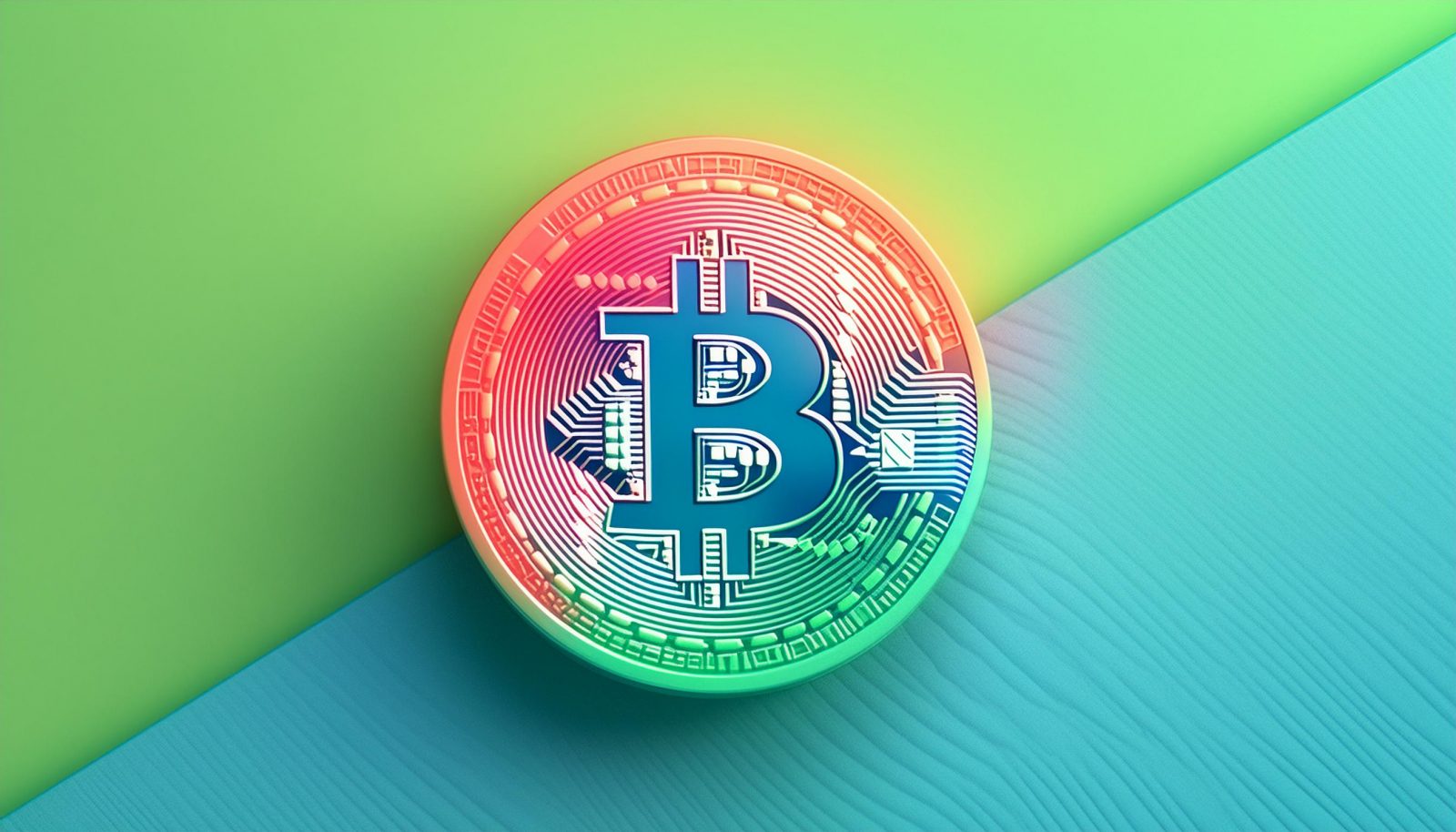Crypto decentralization signifies a pivotal shift from traditional centralized financial systems to a distributed, democratic framework, utilizing blockchain technology to ensure security, privacy, and autonomy.
- Exploring the transition from centralized systems to decentralized frameworks.
- Delving into the implications of decentralization on privacy and security in finance.
- Discussing the enhancement of user autonomy through decentralized systems.
Explaining crypto decentralization
What is crypto decentralization? It refers to the transition of control from a single central entity to a distributed network of independent nodes. This fundamental component of blockchain technology involves numerous computers that manage and verify transactions and data across the network, thus preventing any single entity from having overarching control or influence.
Such a decentralized architecture ensures the system remains open, transparent, and equitable, creating a robust and reliable environment for financial exchanges.
Decentralization: definition
Decentralization in cryptocurrency disperses network operations across numerous nodes to eliminate single points of control or failure. This structure enhances security by reducing centralized corruption risks and promotes equitable financial participation. It empowers individual users who collectively uphold the integrity and functionality of the financial system, democratizing financial power.
The impact of decentralized crypto on the market
Decentralized cryptosystems operate without central oversight, embodying the principle of self-governance inherent in blockchain technology. By facilitating secure, transparent, and independent transactions of traditional financial intermediaries, these cryptocurrency-decentralized networks, like Bitcoin and Ethereum, are reshaping the financial landscape. This approach supports financial inclusion and enhances trust among users by ensuring that their transactions are irreversible and publicly verifiable.
Conclusion
Crypto decentralization is more than a technological innovation; it represents a shift towards a more autonomous and democratic financial system. By decentralizing control, this approach makes financial systems more secure and transparent and grants individuals greater control over their digital assets. As the technology matures, its potential to transform global financial systems becomes increasingly significant, making an understanding of decentralization essential for anyone active in the digital economy.

















































